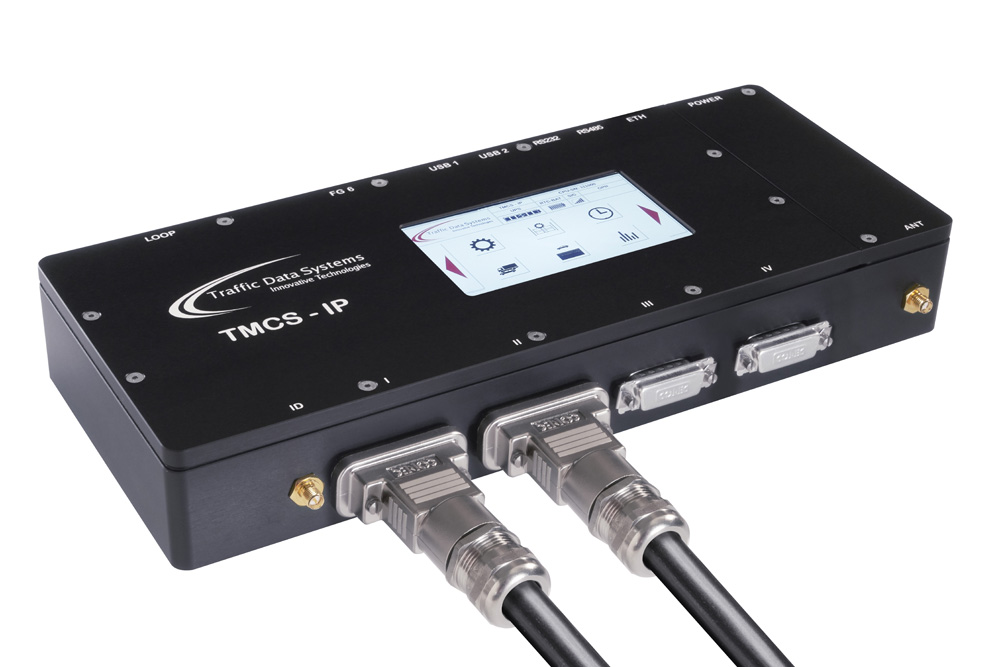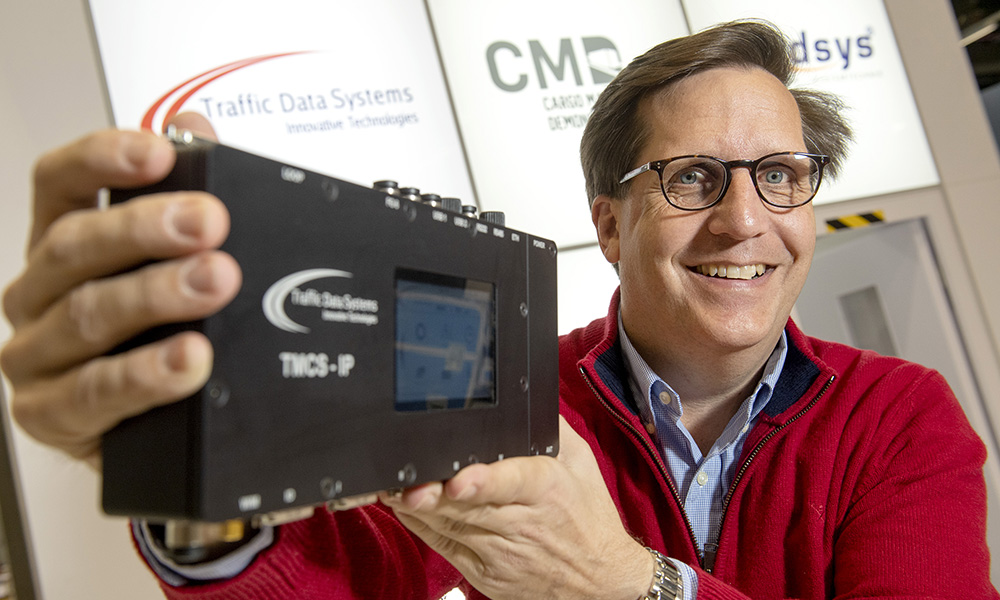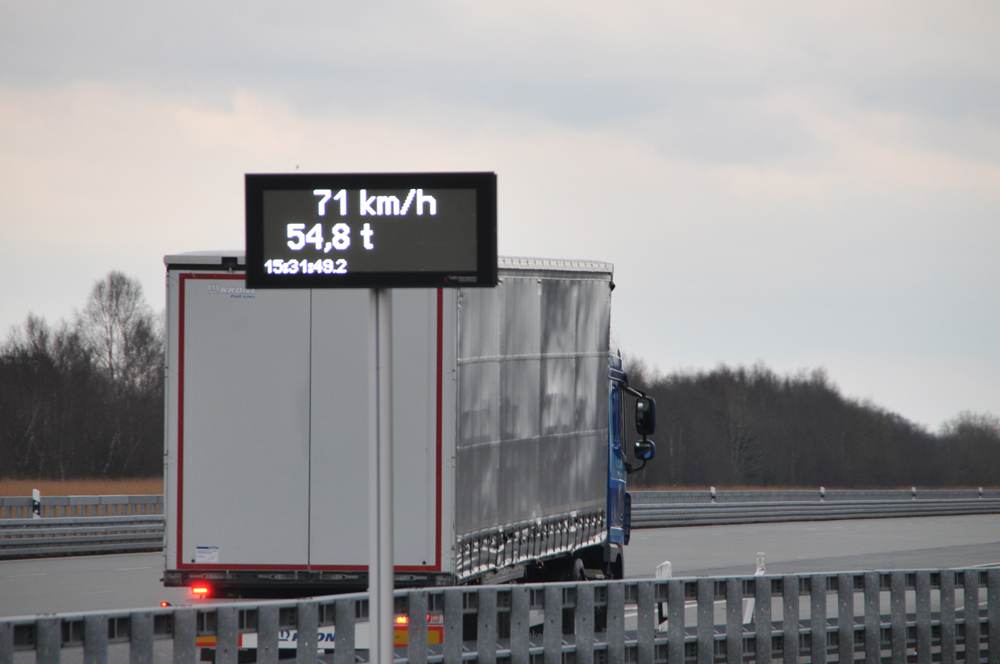
“We’ve done WIM for almost 20 years,” says Florian Weiss, CEO of Traffic Data Systems. “The key thing at Intertraffic is to show customers that there is a system available with the certification they’ve asked for. Certification is hard and not every manufacturer of WIM will achieve it. We’ve gone the hard way.”
Legal requirements allow for just one out of 1,000 measurements to be wrong, Weiss says. “There is a huge market in terms of weight-based tolling and enforcement,” he goes on, adding that accurate weighing is useful to the authorities and to operators themselves, in a number of important ways.
“Overloaded vehicles aren’t covered by insurance – a lot of owners and operators don’t know this. There are also problems in terms of competition: the operator who runs a truck at 50 tonnes has a big advantage over one who follows the law.”
Traffic Data Systems is now entering a scientific research project on using WIM for enforcement which involves several partners: PTB, the German metrology institute; highways research agency BAST; the police; and the city of Hamburg.
The next step for the company is to go for class E and class 5 certification, which would allow for a maximum error of +/- 5% in service. “We don’t want to go to 1% error,” Weiss says. “This is probably not the goal. The more sensors you install, the more precise the results will be.” But there will come a point where the investment is not worth the incremental increase in accuracy, he believes.
Stand 10.321
%$Linker:












